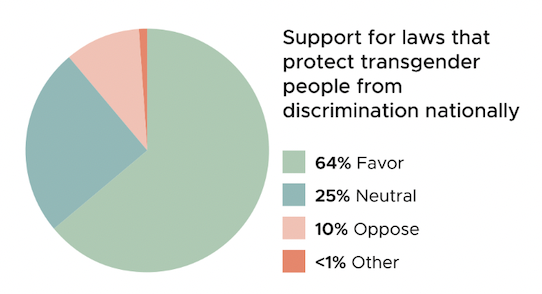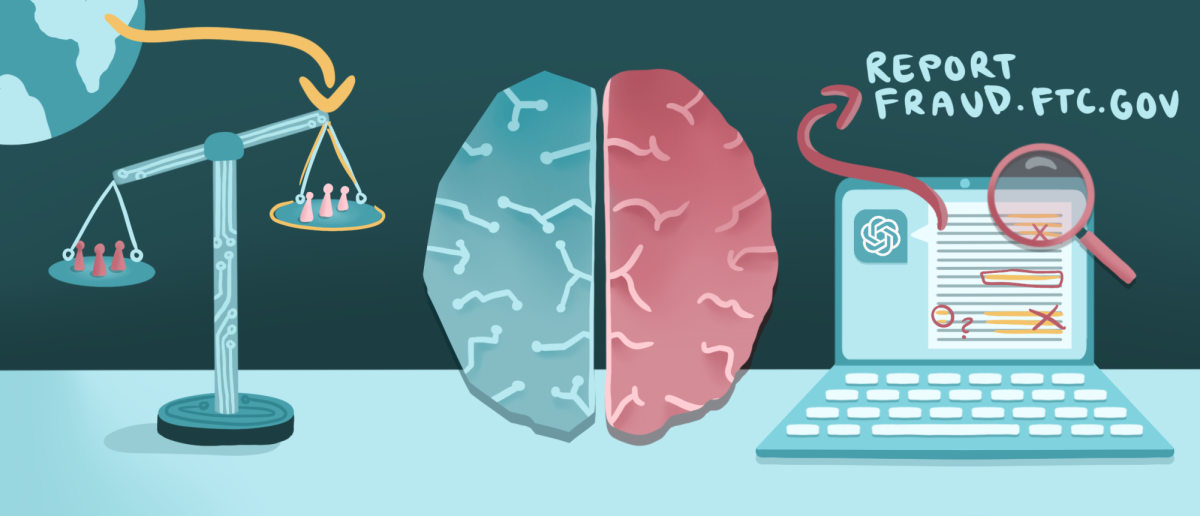Amidst the flurry of teenage concerns — from academics to social dynamics — the future is a question of college, relationships and job opportunities. As a result, financial literacy and independence are overlooked as far-off issues for adults rather than a critical life skill. However, as students navigate their educational journey and prepare for the future, it’s imperative that they develop a strong understanding of how to manage their finances effectively.
Unfortunately, many students graduate without the necessary tools to comprehend the complexities of personal finance. As a result, they may find themselves facing mounting debt, struggling to make ends meet or missing out on opportunities to grow their wealth. Students should become more financially literate by tracking and taking responsibility for their current expenses and learning to accumulate wealth through investing and saving.
Managing personal expenses is a skill that every student should prioritize. From rent and groceries to transportation and entertainment, keeping track of costs is essential for maintaining financial stability. By creating a budget and monitoring spending habits, students can avoid overspending and ensure that their money is being used wisely.
Tracking expenses goes hand in hand with keeping receipts or utilizing budgeting apps. While it may seem tedious, holding onto receipts can provide valuable insight into spending patterns and facilitate budgeting. By conceptualizing how much items are worth, students can learn to differentiate between needs and wants, helping to curb unnecessary consumerism. Additionally, tracking spending builds healthy habits for the future, where record-keeping becomes essential, especially when it comes to tax deductions or reimbursements.
The best way to ensure financial independence in the future is to begin accumulating wealth early. Despite common misconceptions, investing is not just for the wealthy or the financially savvy; it’s a fundamental tool for building long-term wealth. By educating themselves on different investment options, students can start laying the groundwork for financial security. Whether it’s stocks, bonds, mutual funds or real estate, understanding the basics of investing can open doors to financial independence.
Furthermore, setting up a Certificate of Deposit (CD) account or a money management account can be an important step towards financial security. These accounts offer competitive interest rates and provide a safe haven for savings. By earmarking a portion of their income for savings and investments, students can build a financial cushion for emergencies and future endeavors.
Fostering financial awareness among students is paramount in today’s changing economic landscape. Learning to be responsible with money instills crucial values for adulthood. By equipping themselves with the knowledge and tools to manage their finances effectively, students can learn to make informed decisions and secure their financial future.









